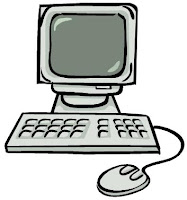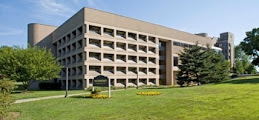
Why waste precious time (that we all seem not to have enough of) to re-invent the wheel?
JDSupra is a legal document sharing site where one can search or browse for the materials needed. Thousands of legal documents (court filings, decisions, forms, articles, alerts, newsletters, ...) are submitted and shared by the professionals who created them (lawyers, law firms, public interest groups, academics, members of the legal community, ...). The keyword search can be refined by jurisdiction (court, circuit, region), by type of filing and/or by subject matter.
JDSupra has also launched an
application for
Facebook. JD Supra Docs application connects the JD Supra and
Facebook accounts and automatically streams the documents and
professional information that is posted on JD Supra into a
Facebook profile.
Any Facebook friend able to view your profile will be able to see your documents. Additionally, each time a newly posted document streams from JD Supra to Facebook, it appears in your activity “news feed.” JDSupra enables lawyers, law firms, and legal professionals to publish documents online. In order to use this application, you must first be publishing documents on JD Supra. You can join now and sign up here.
 The fourth edition of Professor Munneke's How to Succeed in Law School (KF283 .M86 2008) was published this year, and it is valuable reading for law students and for people thinking about attending law school. This book looks at the whole law school experience, including sections on study skills, time management and stress management. Of particular interest to students at this time of year will be Chapter 5 : Taking Exams. Here, Professor Munneke provides insights about what your professors are looking for when they correct your exams. He closes this chapter with the following thought:
The fourth edition of Professor Munneke's How to Succeed in Law School (KF283 .M86 2008) was published this year, and it is valuable reading for law students and for people thinking about attending law school. This book looks at the whole law school experience, including sections on study skills, time management and stress management. Of particular interest to students at this time of year will be Chapter 5 : Taking Exams. Here, Professor Munneke provides insights about what your professors are looking for when they correct your exams. He closes this chapter with the following thought:





















